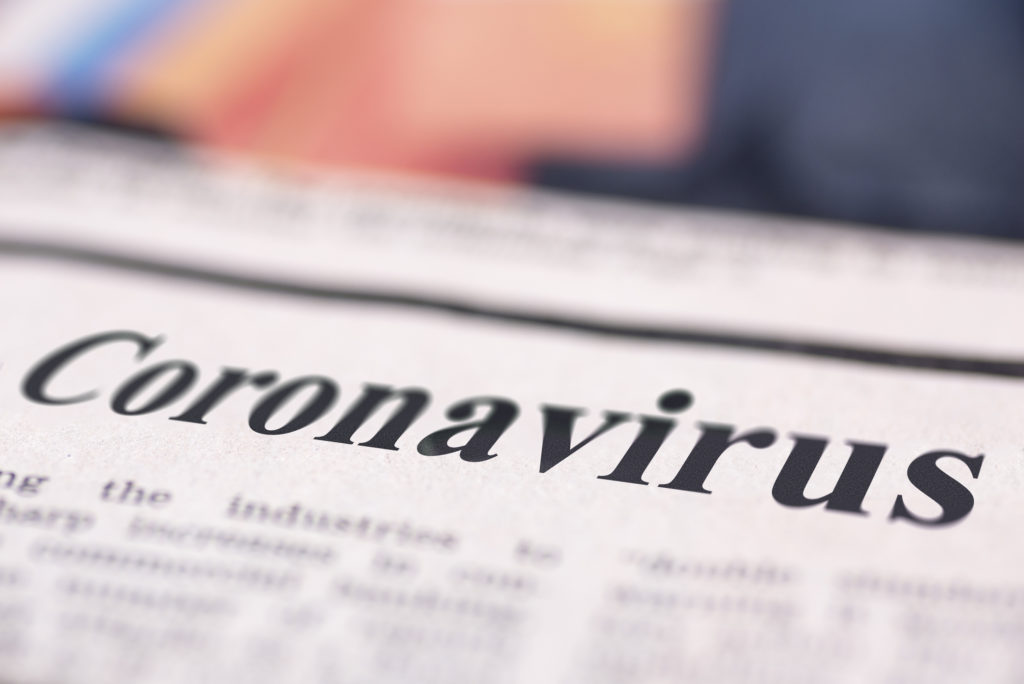COVID-19
13 August 2020
RCVS Coronavirus Update: Remote prescribing, student placements, coronavirus testing, face coverings and regional lockdowns

Here is the latest update for veterinary surgeons, nurses and practices on guidance relating to the Coronavirus outbreak.
Remote prescribing temporary guidance extended
The RCVS Council Covid-19 Taskforce recently decided to extend until the end of September our temporary guidance that allows veterinary surgeons to prescribe prescription-only veterinary medicines (POM-Vs) remotely, without first having physically examined the animal, but with a minor language adjustment to the flowchart to allow more room for individual professional judgement in each case.
Joint letters to seek practice support for student placements
Together with a number of other leading veterinary organisations, we have recently written to UK veterinary practices to seek their ongoing help and support for veterinary students and student veterinary nurses (SVNs) in the face of the significant disruption to their education and training caused by the coronavirus pandemic.
A message from Mandisa
RCVS President Mandisa Greene posted a short video message on social media earlier this week, to thank all veterinary surgeons and veterinary nurses for their continuing hard work and commitment during the ongoing pandemic. She also reiterated the College’s reassurance about clinical decision-making during the pandemic, and reminded vets and vet nurses about the College’s advice service.
Requirements of VN students on clinical placements
RCVS Veterinary Nurses Council has recently reviewed its guidance on student veterinary nurses’ attendance in clinical placements or employment. SVNs are required to complete the RCVS Day One Skills for Veterinary Nurses in their totality as these seek to assure competence at the point of registration. However, it is recognised that for all students in their final year of study, it may be difficult for them to complete the 1,800 hours of clinical placement or employment that the RCVS Veterinary Nurse Registration Rules require. Where a student has completed the Day One Skills in less than the required 1,800 hours, this will be assessed on a case-by-case basis upon their application to register.
Coronavirus testing update
NHS Test and Trace has launched a new public health campaign across England to encourage anyone who has developed coronavirus symptoms to get a free coronavirus test as soon as possible. Whilst all those with symptoms are eligible for testing across the UK, specific arrangements are in place in Northern Ireland, Scotland and Wales to prioritise certain sectors and key workers.
Each of the four nations have launched separate contact tracing programmes to avoid blanket national lockdown restrictions and to help facilitate local lockdown situations to target the virus. Each programme will ask those who test positive for Covid-19 to provide contact details for the people that they have been in recent contact with and contact tracers will notify each of those persons to self-isolate for 14 days.
Face coverings in veterinary practices
The government has extended the requirement of wearing face coverings to all indoor settings where individuals are likely to come into contact with people they do not normally meet, including veterinary services, zoos, aquariums, visitor farms and storage & distribution facilities. This requirement became law in England from 8 August 2020 and different rules apply for the devolved nations.
Responding to pet owner concerns following Covid-positive cat
In response to confirmation on 27 July 2020 that a domestic cat was the first animal in the UK to test positive for Covid-19, there is no change to government guidance on the testing of animals for the disease. There is no evidence that the animal was involved in the transmission of the disease to humans nor is there evidence that other domestic animals are able to transmit the virus to humans. Public Health England has issued advice in line with general coronavirus guidance to keep washing hands regularly, including before and after contact with animals.
Guidance on regional lockdowns
In light of the local lockdowns imposed by the government, it is inevitable that veterinary professionals will face circumstances where they are restricted in being able to physically attend their practice to work. In the event of a local lockdown, travel to work will be permitted only where it is essential to do so and if you are unable to work from home. In addition, veterinary professionals who are living or working in a lockdown area will be able to provide emergency care in person only if there is no other option to do so. As such, veterinary professionals should exercise caution in offering any routine services.